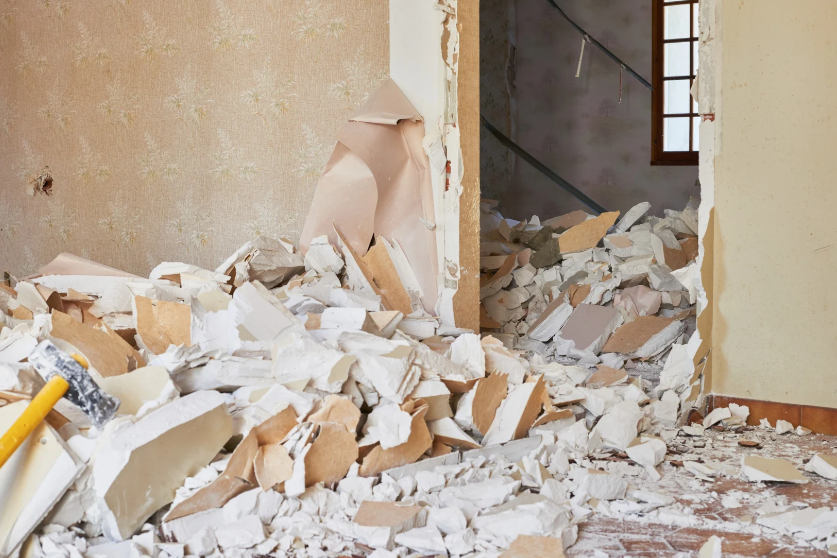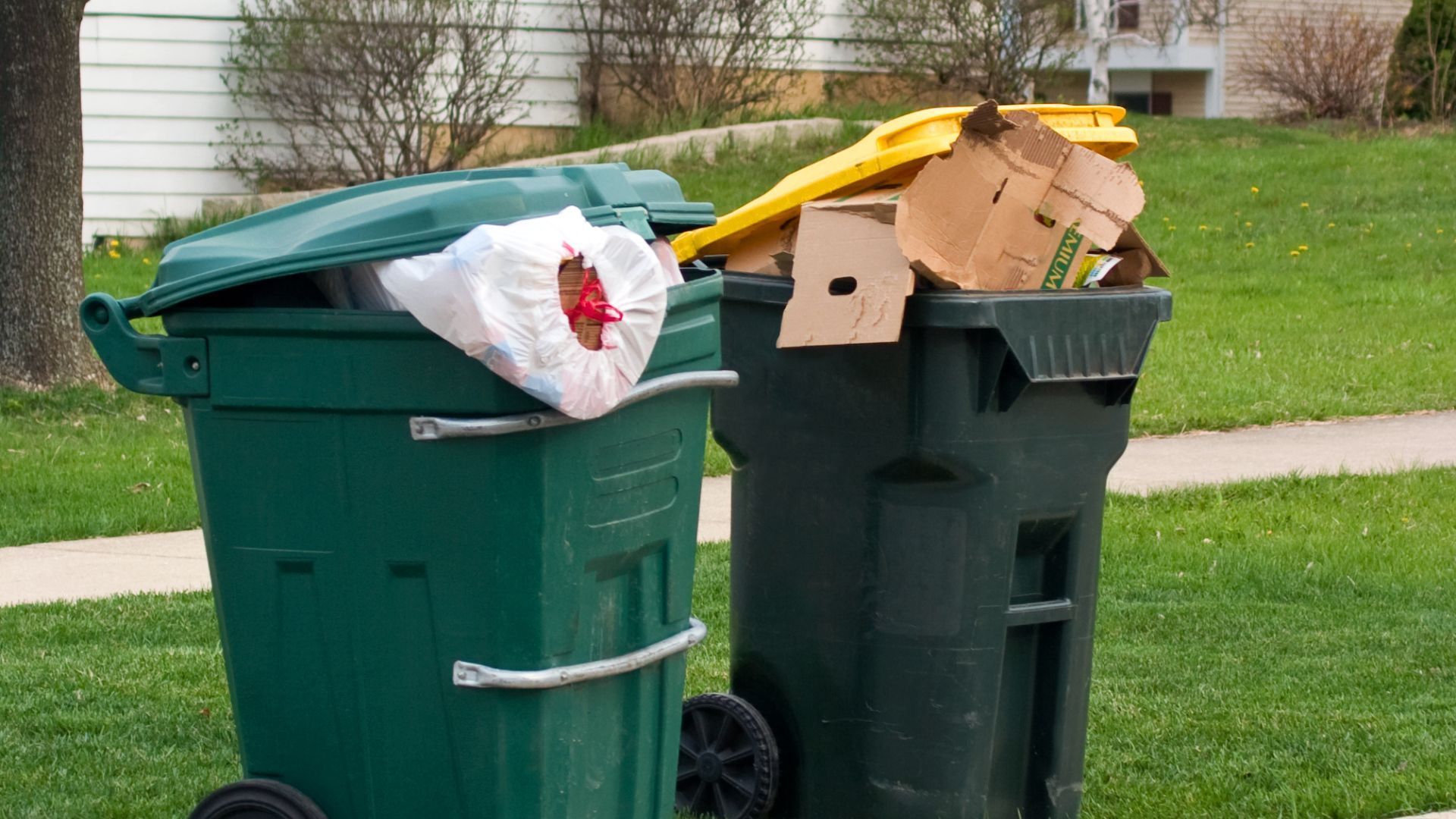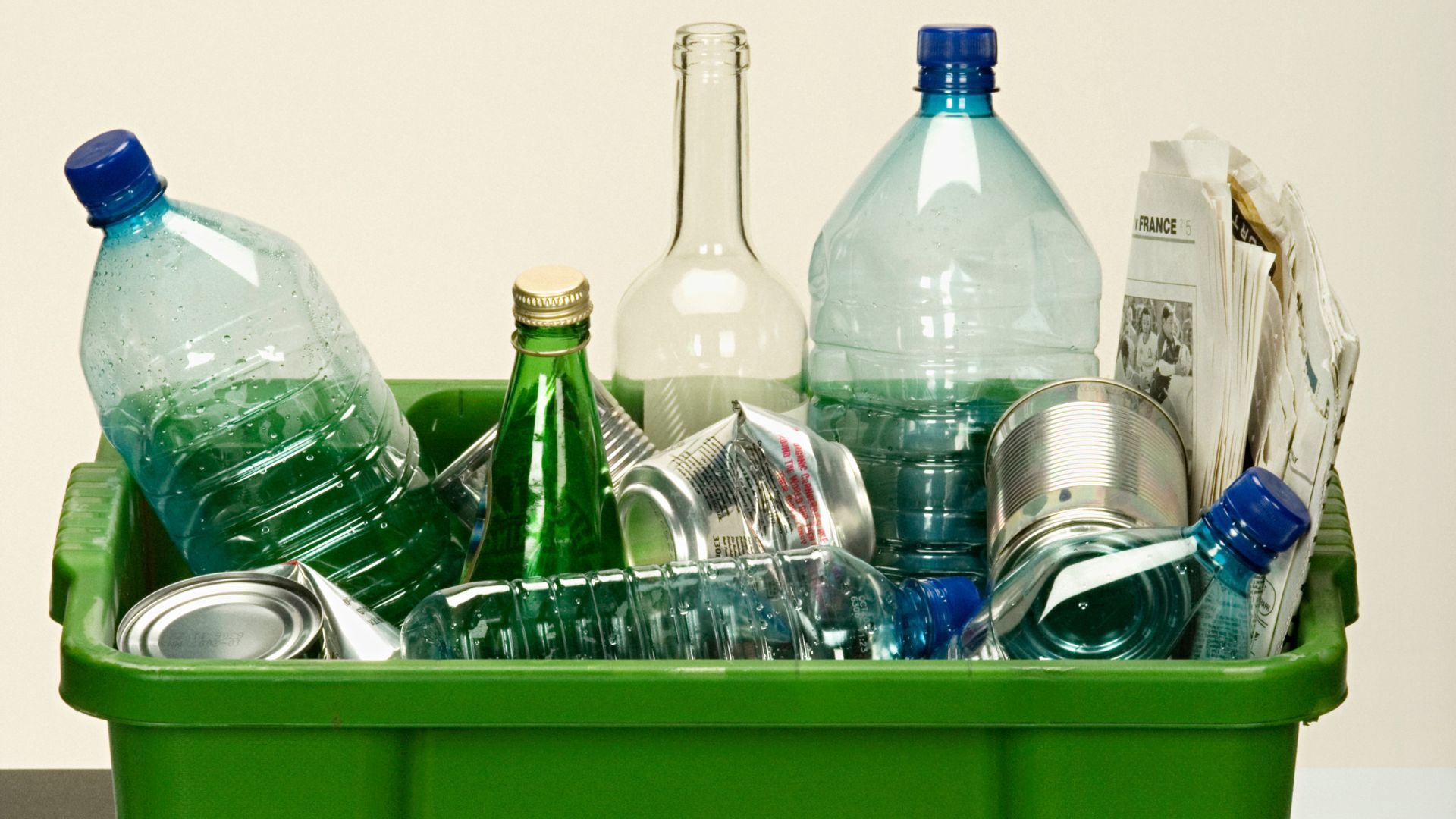Tips for Efficient Kitchen Demolition Cleanup Augusta
In the midst of any major renovation, junk removal Augusta services often become the unsung heroes of the transformation process. Kitchen overhauls are notorious for leaving behind heaps of unexpected mess—layers of dust hiding beneath old tile, cabinets in splinters, and chunks of drywall scattered like puzzle pieces waiting to be sorted. Yet, the part people tend to underestimate is not the demolition itself, but what comes after.
That phase where the old kitchen disappears and the new one hasn’t taken shape yet. It’s in this messy limbo that strategy becomes essential. Knowing how to efficiently manage a kitchen demolition cleanup Augusta project can be the difference between a project that runs smoothly and one that spirals into chaos. From timing and sorting to disposal and safety, every step matters. And in Augusta, where residential construction is booming, understanding local cleanup best practices has never been more critical.
Preparation Before Demolition Begins
Before swinging the first hammer, efficient kitchen demolition cleanup Augusta starts with planning. This phase is where vision meets reality. It’s not enough to know what you want your new kitchen to look like—you need to know what materials you’ll remove, how to handle debris, and where it all goes when it’s gone. That means examining every fixture, appliance, and surface slated for removal and having a plan for how it will exit the property.
In Augusta, contractors and DIYers alike benefit from prepping the space well in advance. Covering floors outside the kitchen area, sealing off vents, and clearing walking paths are basic steps that prevent demolition waste from spreading like wildfire. This isn’t just about convenience—it’s about health, safety, and efficiency. The more you organize beforehand, the easier it becomes when the dust starts flying. This foundation is what makes all the difference in kitchen demolition cleanup Augusta projects done right.
The Importance of Local Guidelines and Disposal Rules
One aspect many people overlook during demolition is compliance with local rules. Kitchen demolition cleanup Augusta doesn’t happen in a vacuum—it happens within the framework of city and county regulations. Certain materials can’t be tossed in with regular garbage. Old appliances might contain hazardous refrigerants, and paint cans could be considered special waste. Even drywall has disposal guidelines if it contains lead-based paint or other contaminants.
Ignoring these rules could lead to fines or delays, and that’s a headache no homeowner wants. Fortunately, staying informed is half the battle. Knowing where to bring materials, what can be recycled, and what requires special disposal is crucial. It’s also why professionals experienced in junk removal Augusta projects are often the most trusted when it comes to adhering to these standards. They already know the ins and outs and save you from doing homework on top of demolition.

Timing is Everything in Kitchen Demolition Cleanup
Clean as you go or wait until the end? This is the eternal debate. But in most kitchen demolition cleanup Augusta scenarios, the answer lies somewhere in the middle. Waiting too long to clear out debris creates hazards—tripping risks, blocked exits, and a workspace that becomes more dangerous with each passing hour. On the flip side, over-cleaning while demolition is still active can waste time and energy.
The most effective approach involves periodic cleanup in phases. After the upper cabinets are down, sweep and clear. Once the flooring is up, load and haul. These intermittent cleanups prevent the mess from overwhelming the space, and they also allow for better inspection of hidden damage. Efficient junk removal Augusta strategies focus not only on timing, but on balancing cleanup with progress. That rhythm helps the overall renovation stay on schedule and on budget.
Sorting Materials for Efficiency and Safety
Once demolition begins, materials will pile up quickly—some useful, others dangerous. A proper kitchen demolition cleanup Augusta plan always includes a sorting strategy. Wood, metal, drywall, tile, and appliances should each be separated. Not only does this streamline disposal later, it helps identify salvageable items, recyclable content, and hazardous waste.
This step can’t be rushed. Nails hidden in floorboards or shards of glass among tile fragments can easily cause injuries. Keeping materials together also makes hauling more efficient—nothing is worse than re-sorting a truckload at the dump. For eco-conscious residents of Augusta, this phase also presents a chance to reduce landfill impact. Recycling centers often accept large volumes of construction waste, provided it’s sorted properly. That makes this task essential—not just for practicality, but for sustainability too.
Dust Control in a Demolition Zone
One of the least visible yet most invasive parts of kitchen demolition is dust. It gets everywhere—in vents, inside outlets, even between floorboards. And when left unchecked, it can linger long after the cleanup feels complete. That’s why proactive dust control is non-negotiable in kitchen demolition cleanup Augusta projects.
This starts before demolition with sealing off adjoining rooms and HVAC systems. During cleanup, vacuuming with HEPA-filter machines and damp-wiping surfaces prevents dust from taking flight again. The key is consistency. A few passes with a broom won’t cut it. Effective junk removal Augusta experts understand that air quality matters just as much as visible cleanliness. Clean air, clear floors, and safe surfaces form the trifecta of a job well done.
Appliance and Fixture Removal Tips
Old stoves, dishwashers, and sinks aren’t just bulky—they’re often complicated to remove. Some are hardwired into electrical panels, others bolted down or sealed in with layers of adhesive. Every kitchen demolition cleanup Augusta project should treat appliance removal as a separate phase, one that demands patience and precision.
Attempting to muscle a fridge out of place or yank a built-in oven can damage flooring, walls, or wiring. Instead, it’s smart to disconnect everything properly and slide items out slowly, watching for loose connections or sharp edges. Some appliances still contain hazardous components, like mercury switches or coolant gases, which require specialized handling. That’s why it’s often best to schedule separate pickups or include these items in your junk removal Augusta service, ensuring safety and compliance from start to finish.
Flooring Demolition and Disposal Nuances
Kitchen flooring presents its own unique cleanup challenges. Whether it’s tile, linoleum, hardwood, or vinyl, removing it often reveals surprises—water damage, mold, or uneven subflooring. In kitchen demolition cleanup Augusta jobs, the flooring phase is when mess becomes unavoidable. Pulling up each layer sends fragments flying and often generates pounds of dust and debris.
The key to effective removal is taking it slow. Pry up a few tiles, remove underlayment, and immediately clear that section before moving on. This segmented approach avoids tripping hazards and helps spot areas that may need repair. Once collected, flooring materials must be handled according to their type—some can be recycled, others must be disposed of in a regulated way. Here again, junk removal Augusta experts know which materials can go where, making the process more seamless and compliant.
Safe Hauling of Heavy Debris
When the dust settles, you’re left with piles of debris, some of it extremely heavy. Countertops, cabinetry, and structural framing pieces aren’t light, and they rarely come out in tidy shapes. Efficient kitchen demolition cleanup Augusta practices include not only clearing the site but doing it without injury. That means knowing how to lift, using the right equipment, and packing debris smartly for transport.
Overloaded trailers or haphazard piles can lead to spillage, accidents, or damage to your vehicle. Worse, some facilities in Augusta might refuse improperly secured or mixed debris. The solution? Use hauling techniques that prioritize safety and control. Strategic stacking, reinforced containers, and timely hauling are the cornerstones of a clean and safe jobsite.
Post-Cleanup Inspection and Final Touches
The job isn’t truly done when the last piece of drywall hits the bin. A thorough inspection follows every well-done kitchen demolition cleanup Augusta process. This involves walking the site, checking for leftover nails, glass, or even tools lost in the shuffle. Small debris has a way of hiding in corners or under drop cloths. A final sweep, vacuum, and wipe-down ensures the kitchen is ready for its next phase.
This step also includes checking that all utilities are correctly shut off or reconnected if needed. It’s a moment to transition from demolition to construction, and that pivot deserves clarity. If junk removal Augusta services are part of the plan, they often assist in this inspection phase too, double-checking disposal, loading, and clearing out containers. This is the last impression the cleanup makes—and it’s one that should shine.
The Value of Professional Assistance
Let’s be honest—kitchen demolition is exhausting. Cleanup, even more so. And while many people start out thinking it’ll be manageable, the sheer volume of waste, complexity of sorting, and strain of hauling often change their minds halfway through. That’s when bringing in professionals becomes not just convenient, but necessary. An experienced team can handle kitchen demolition cleanup Augusta projects with far more speed and precision than a DIY approach.
They know the local regulations, have access to proper tools and equipment, and most importantly, they free you up to focus on the next phase of your renovation. Junk removal Augusta companies specialize in turning chaos into cleanliness. Their efficiency isn’t just about saving time—it’s about restoring safety, comfort, and forward momentum to your home.
Conclusion
When it comes to managing the aftermath of a kitchen demolition, success lies in the details. Every phase, from planning and dust control to hauling and inspection, plays a crucial role in keeping your project on track and your environment safe. For property owners in Augusta aiming to complete their renovation efficiently, choosing the right support makes all the difference.
For reliable kitchen demolition cleanup Augusta services that prioritize both precision and care, contact Hinkins Disposal LLC. Located at 246 Robert C Daniel Jr Pkwy #1441, Augusta, GA 30909, United States, you can reach them at +1 (706) 885-4032 or email Hinkinsdisposal@gmail.com for tailored assistance. Let your renovation begin with cleanliness, and end with confidence.




